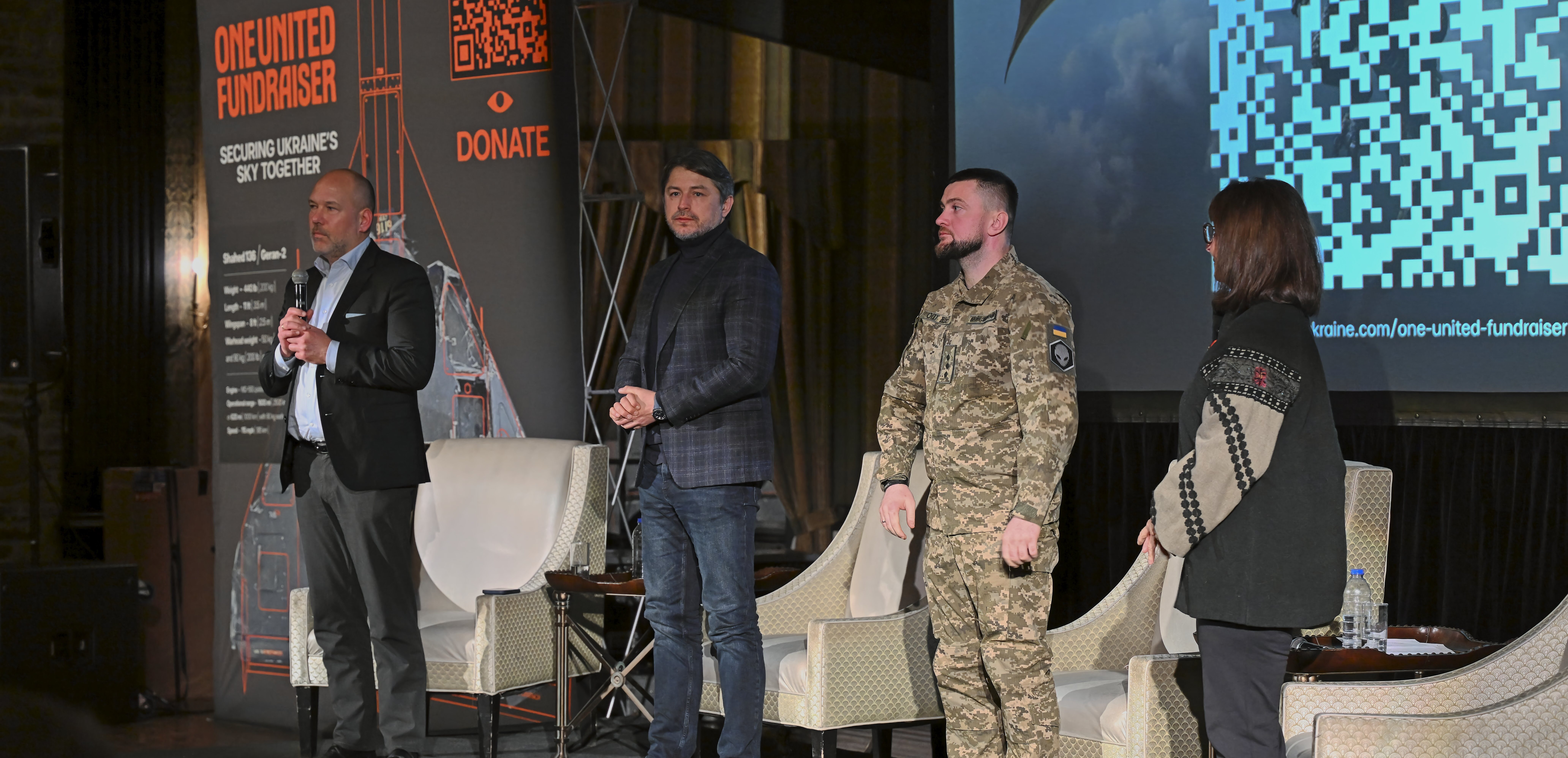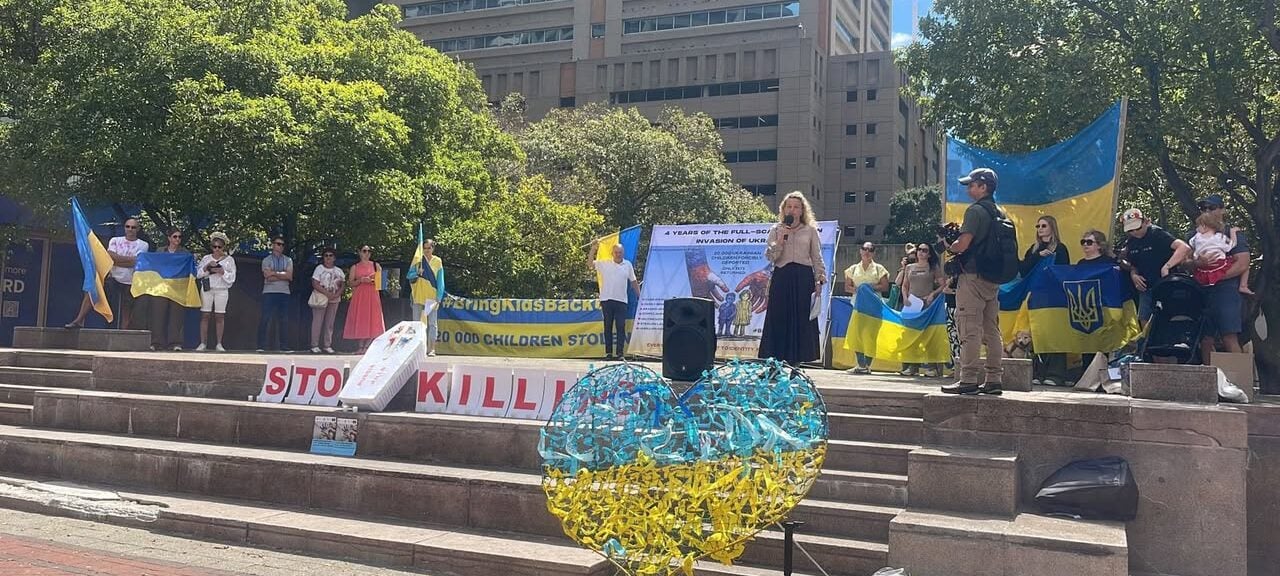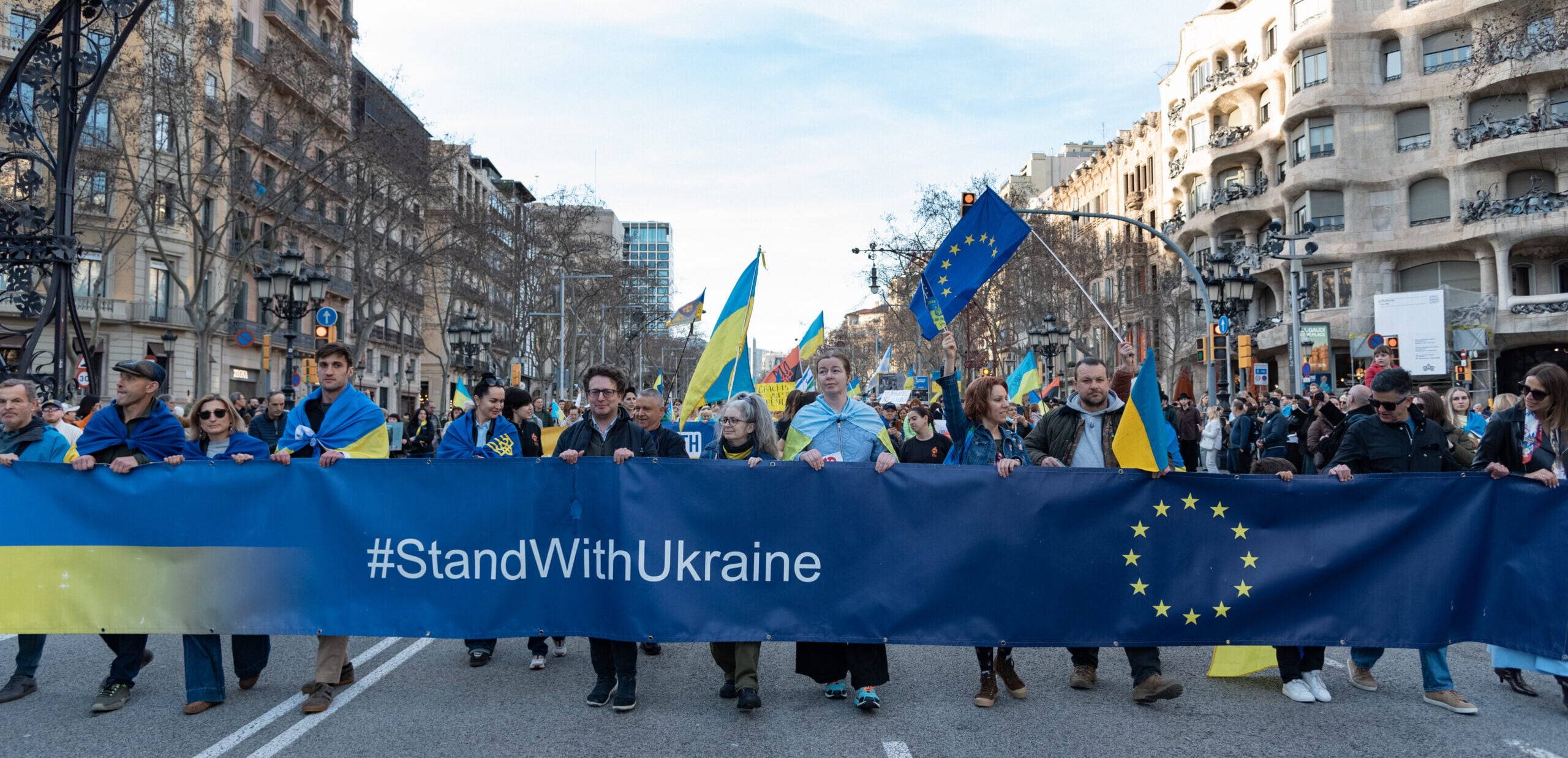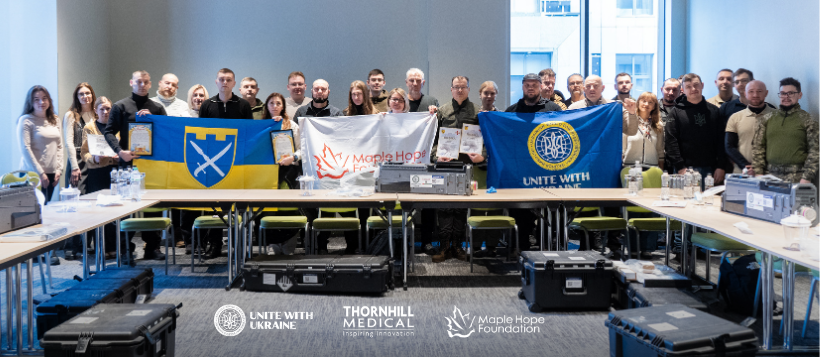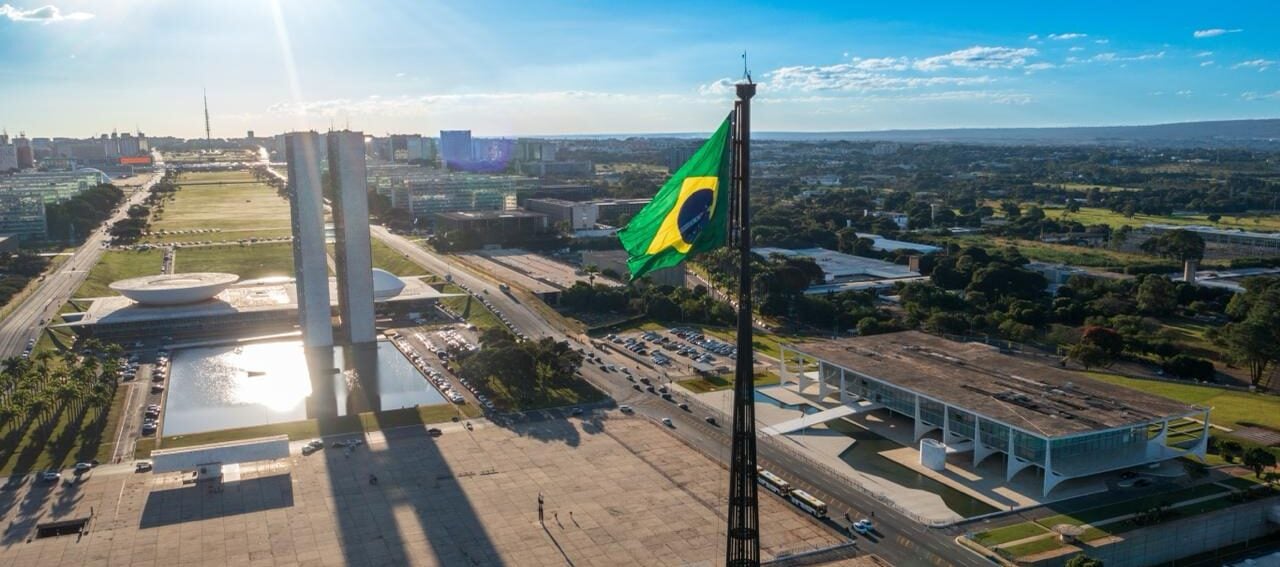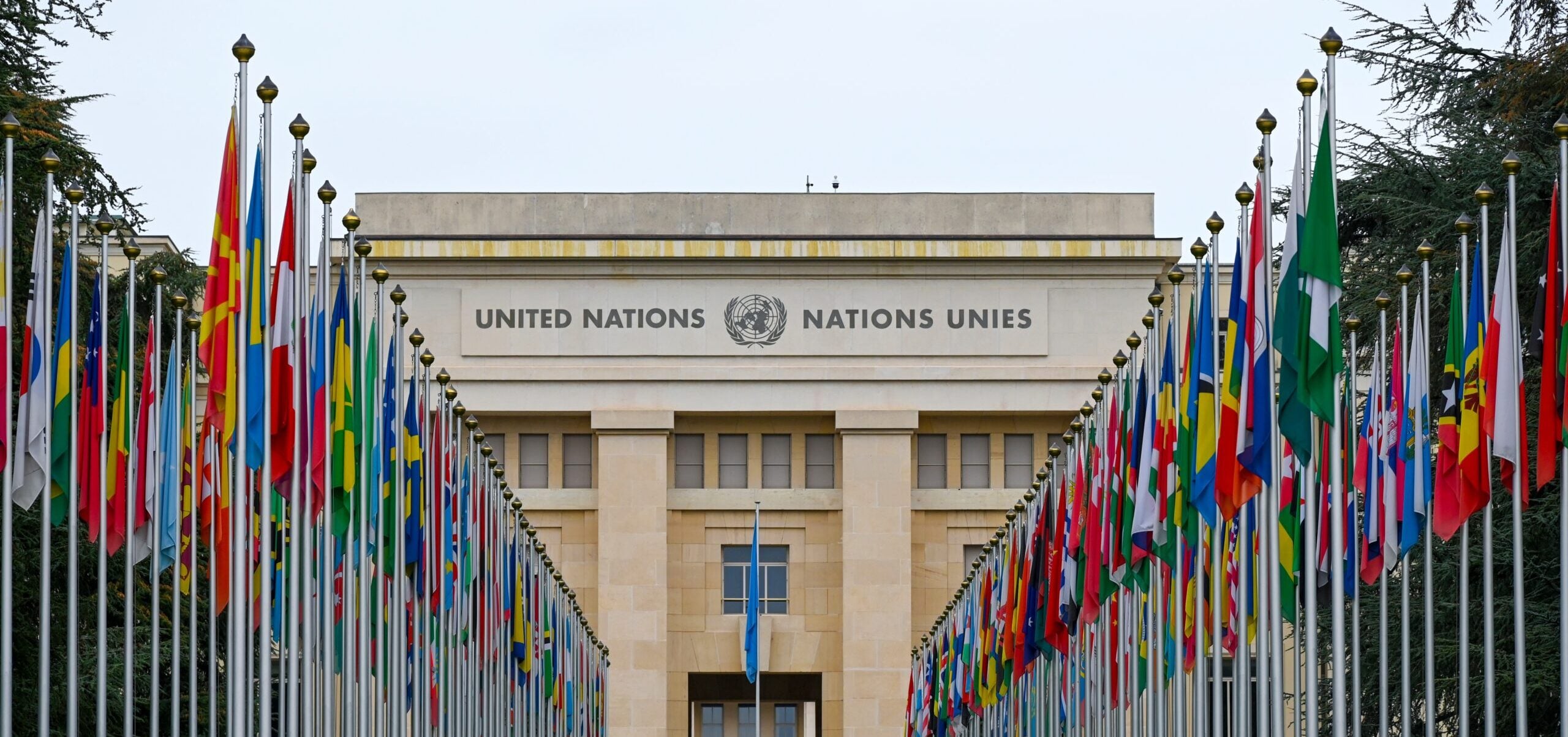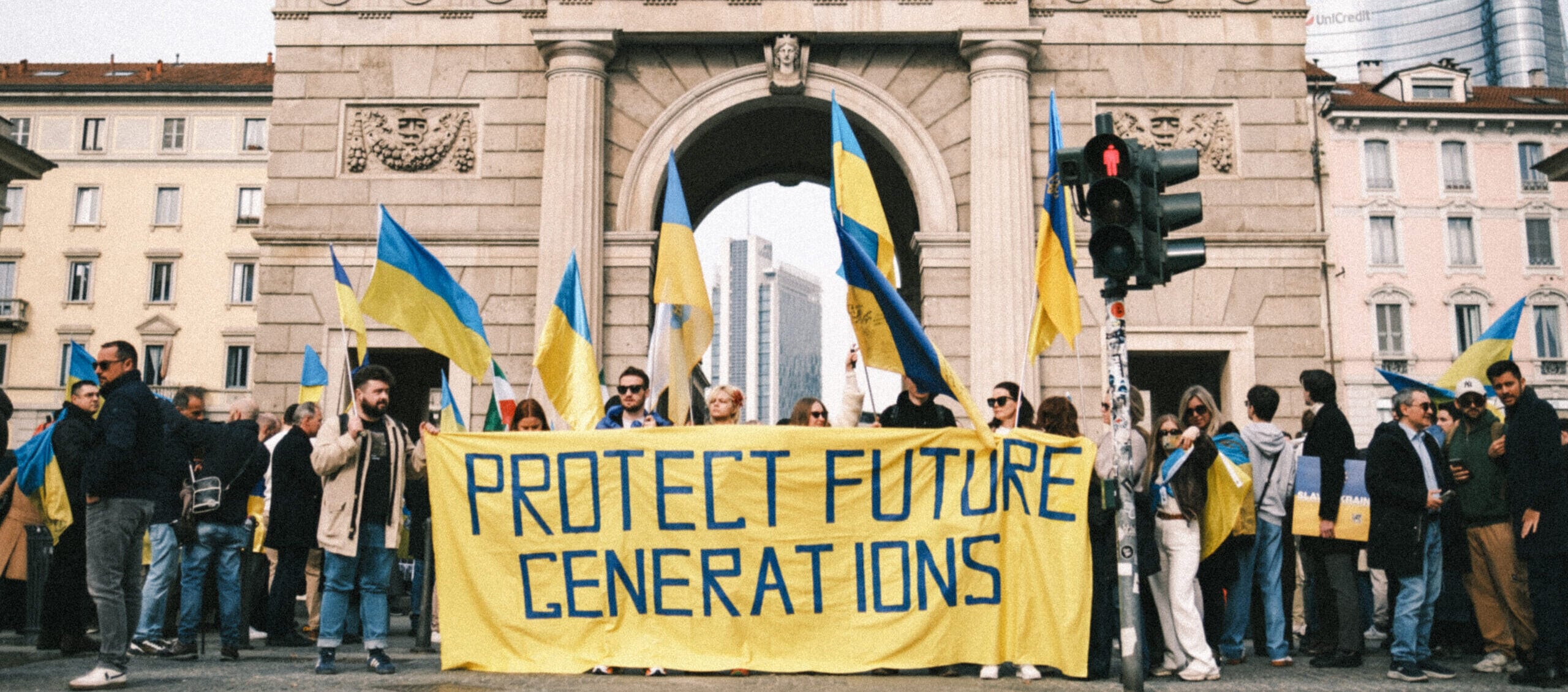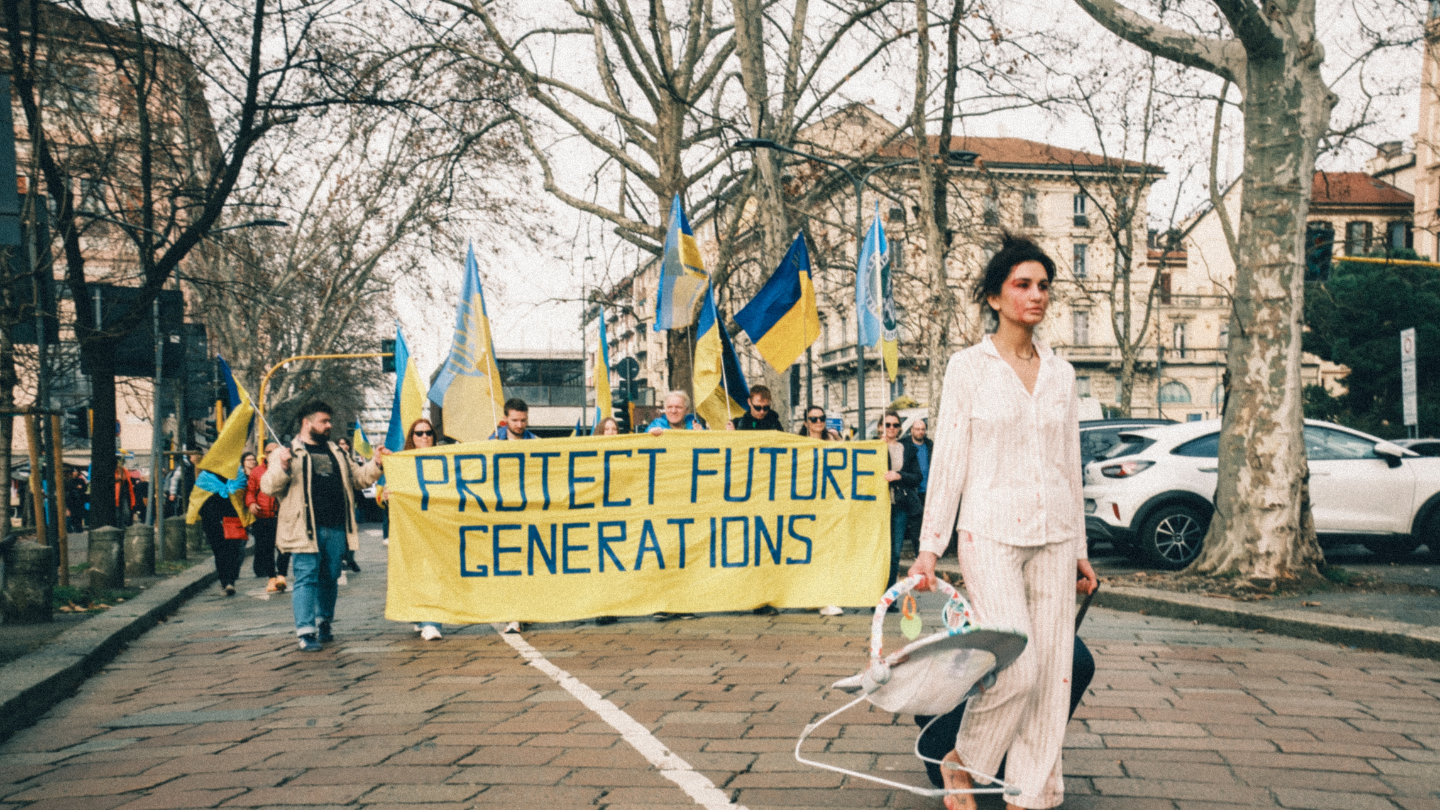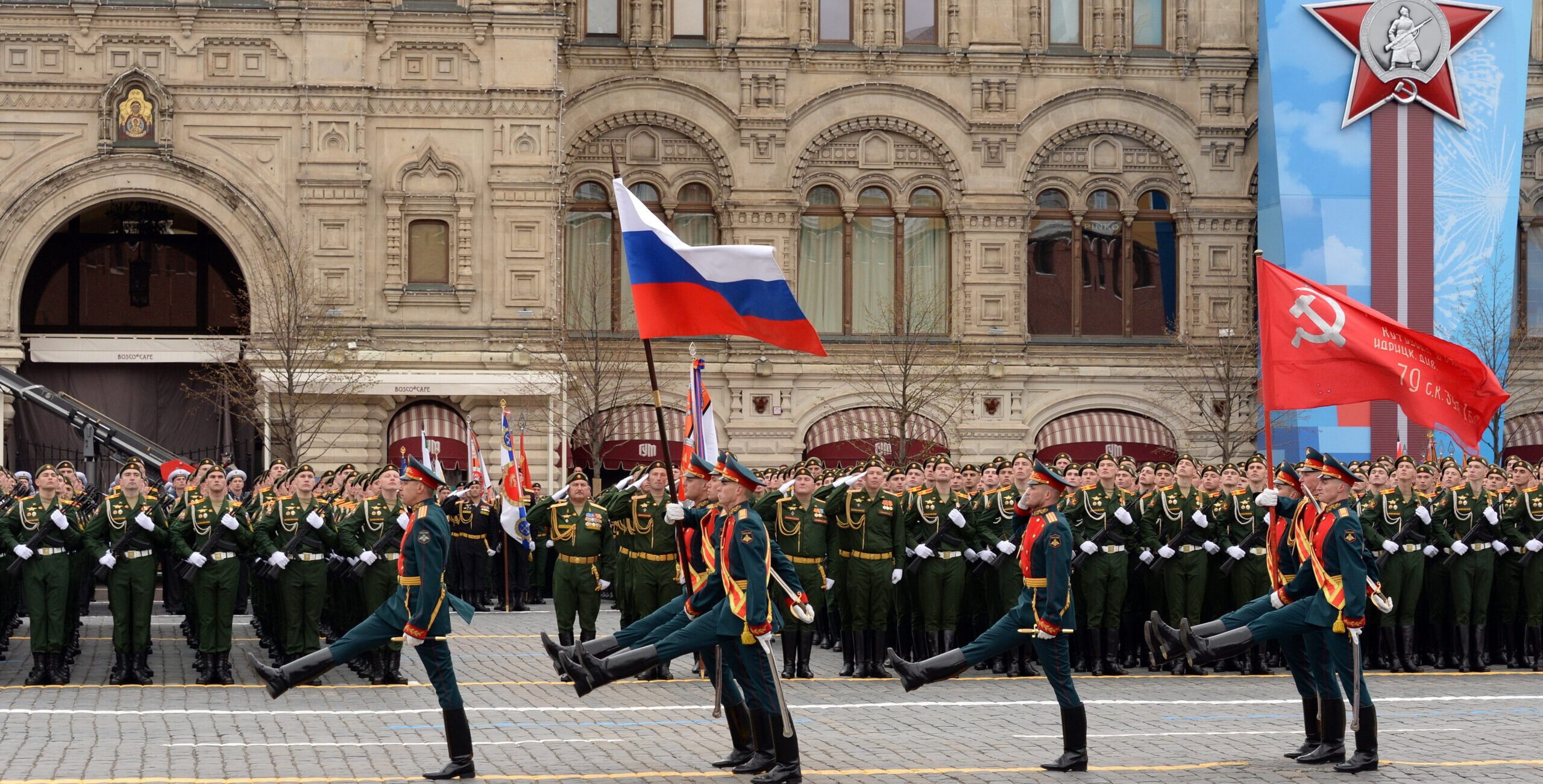

by Kate Turska, Co-chair of the Ukrainian Association of New Zealand (North) and the head of Mahi for Ukraine
Fascism was never discredited as an idea, it was only defeated on the battlefield. It wasn’t reasoned away. It didn’t vanish because Europeans rejected it on moral grounds. It was destroyed through military force. The idea itself was never dismantled — it was simply buried under the weight of defeat.
And this is where we are again.
Why modern Russia is more dangerous than 1930s Germany — and why too few recognise it.
People often draw comparisons between Nazi Germany and Russia today — nationalism, propaganda, cults of personality, militarism, repression. The line “history doesn’t repeat, but it rhymes” gets used a lot, and it’s true. But in many ways, the comparison doesn’t go far enough.
Because Russia is worse.
Germany in the 1930s descended into darkness after a failed democracy, humiliation in WWI, and a modernising but fractured society. Hitler built his regime on the wreckage of a democratic experiment. It was brutal, it was rapid, and the world was still learning what modern war and fascism looked like.
But Russia never needed to fall — it never rose. There was no functioning democracy to collapse. No civil society to co-opt. No free press to destroy — only moments of it, never sustained. From Tsarism to Bolshevism to Putinism, repression has been continuous. Genocide as a method of control (Chechens, Ukrainians, deportations of entire peoples) is well-documented. From the Holodomor famine in Ukraine, to mass deportations of Chechens and Crimean Tatars, to Human Rights Watch’s classification of Second Chechen War atrocities as crimes against humanity. Colonial expansionism, and totalitarianism are not deviations — they are the foundation of the Russian state.
Since the fall of the USSR, Russia hasn’t reformed, it has metastasised. It has tested, incrementally, the limits of the rules-based world: Moldova. Chechnya. Georgia. Syria. Ukraine. The poisoning of opponents abroad. The buying of politicians. The undermining of democratic elections. Each time, the world responded with handwringing and half-measures. So, it learned: there are no consequences.
It has spent the last two decades helping shape a new axis — not just invading Ukraine but actively propping up and arming authoritarian regimes from Syria to Sudan, Iran to North Korea, Venezuela to the Taliban. Russia is not just a rogue state. It is the central node in a global counter-order — a Frankenstein stitched together from nukes & nuclear blackmail, oil, war crimes, and strategic mass disinformation.
What makes it more dangerous than Hitler’s Germany isn’t the scale, but the context:
The world today is connected, interdependent, distracted. The West has lived in an illusion of stability for 80 years. We struggle to grasp that a country can wage imperial war in the 21st century and get away with it — and that it’s happening right now.
This illusion is our biggest vulnerability.
Because when Germany launched its campaigns in the 1930s, war for territory was still part of the global logic. That’s what empires did. The world had not yet fully processed the destruction of the First World War, nor abandoned the 19th-century mindset of spheres of influence, conquest, and great power games. Democracies were still fragile or emerging. The idea that war could be used to rewrite borders wasn’t shocking — it was expected. Germany just took it further and faster than others imagined possible.
But we no longer live in that world. Or rather, we thought we didn’t. We built systems, norms, and generations of thinking around the idea that international aggression, annexation, and military imperialism were not just illegal — they were unthinkable. That’s why today, so many people still believe that things will “return to normal,” that this is just a temporary disruption. But that “normal” was never guaranteed. It was a system built on assumptions and Russia is actively dismantling them.
The problem is not just that we’re distracted. It’s that we’re trying to interpret something fundamentally premodern through the lens of a modern system. We believe that invading countries for territory is no longer done — because for most of us, it hasn’t been. This isn’t just a stress test of the current order — it’s an attempt to replace it. And the danger is that in losing faith in our imperfect systems, some will accept, even embrace, something far worse in its place. We can’t let failure or frustration justify the destruction of the very idea of a rules-based world.
Part of the danger is that many in the West still don’t recognise russia for what it is. Decades of propaganda have built powerful myths about “Russian cultural depth,” “natural spheres of influence,” and “security concerns” that supposedly justify its actions. Western narratives too often frame russia as a reactive power — a victim of geopolitics rather than a consistent imperial aggressor. This myth of russian imperial innocence, rooted in Soviet-era disinformation and reinforced by Western intellectuals who romanticised the USSR, still shapes public perception. That makes it easier for russia to present its colonial wars as defensive, and far harder for democracies to mobilise against it. The result is a warped debate, where the aggressor’s narrative is given equal weight to documented reality — and that distortion makes russia more dangerous than ever.
We must stop operating under the logic that the world will eventually “go back to normal”, because it won’t. Not unless Russia is stopped completely. Russian war on Ukraine (which did not begin in 2022, but in 2014) is not just about Ukraine. It is about the rules of the world we live in, and Russia is rewriting them.
Whataboutism will try to distract you. “What about this country? What about that war?” But not all conflicts shape the global order. Russia’s war does.
This is why Russia must be defeated, not negotiated with, not accommodated. There’s no “solution” that preserves this regime and protects the future at the same time. The system it represents is incompatible with any stable or free international order.
This is the fight that defines whether democracy, sovereignty, human rights, the entire post-WWII system, survives, or becomes a footnote in history books no one will be allowed to read.
Cover: Shutterstock


